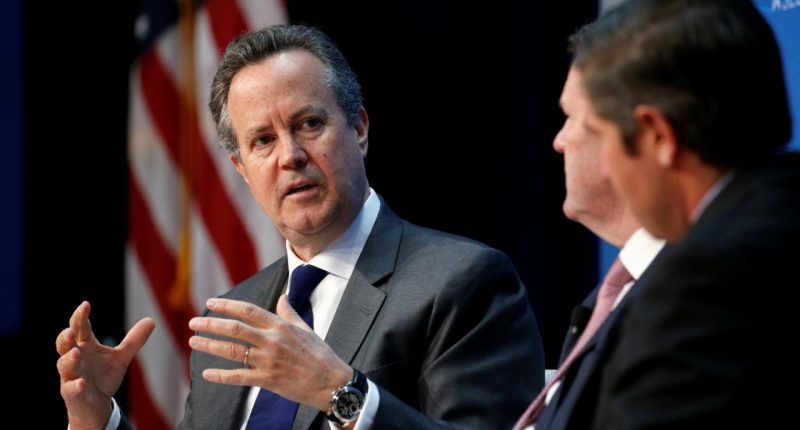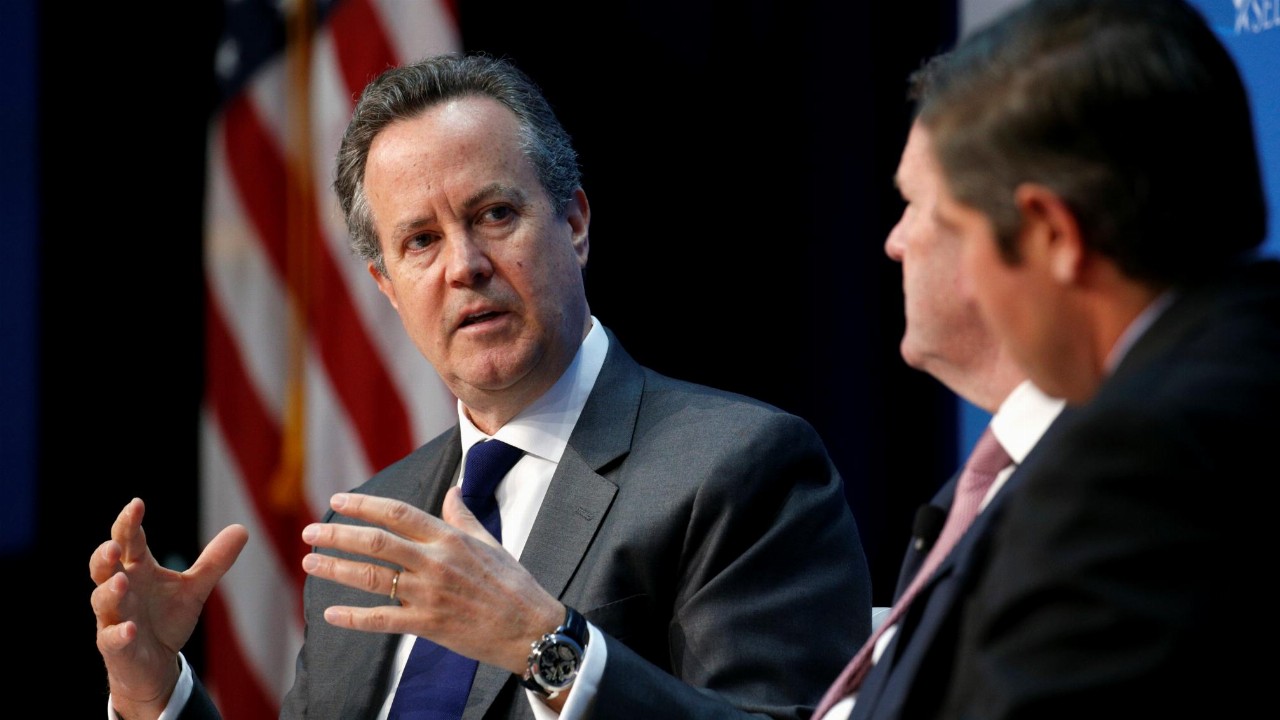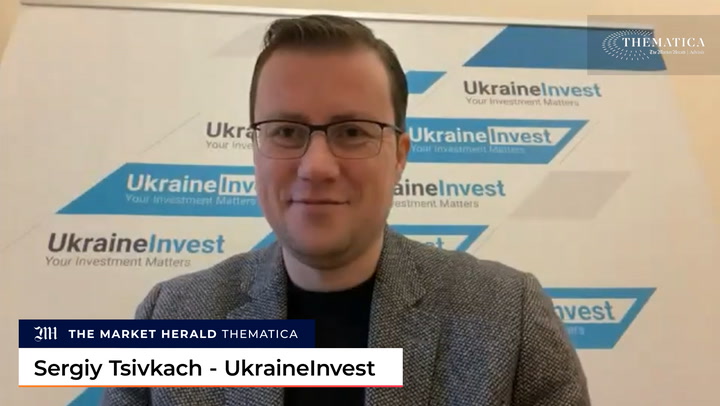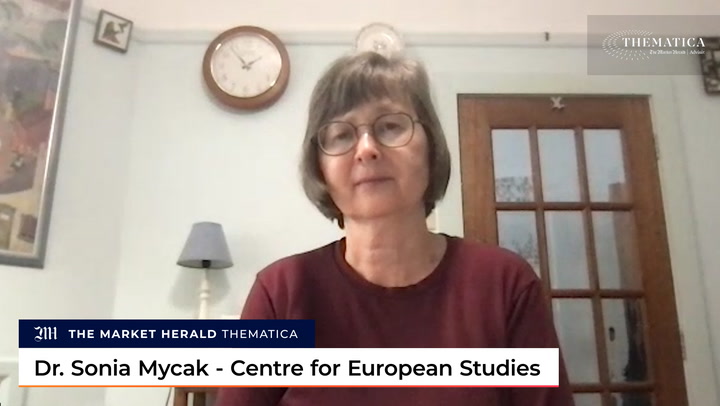- S&P Dow Jones Indices will pay US$9 million (roughly A$11.57 million) to settle charges that its negligence caused huge losses during a period of volatility
- The U.S. SEC said S&P DJI should have disclosed that its S&P 500 VIX Short Term Futures Index ER contained an “auto hold” feature
- That feature caused the value of one of its indexes to remain steady for more than an hour in 2018, despite the underlying market soaring 115 per cent higher
- The event is thought to have contributed to a US$1.8 billion (roughly A$2.31 billion) loss to Credit Suisse’s VelocityShares Daily Inverse VIX Short-Term Exchange-Traded Notes
- S&P DJI — a joint venture between S&P Global and CME Group — did not admit or deny any wrongdoing
S&P Dow Jones Indices will pay US$9 million (roughly A$11.57 million) to settle charges that its negligence caused huge losses for securities issued by Credit Suisse during a period of extreme market volatility.
The U.S. Securities and Exchange Commission (SEC) said S&P DJI should have disclosed that its S&P 500 VIX Short Term Futures Index ER contained an “auto hold” feature, which caused its value to remain steady for more than an hour on February 5, 2018, despite the underlying CBOE Volatility Index soaring 115 per cent higher.
According to the SEC, the stagnated data contributed to a 96 per cent drop in the value of Credit Suisse’s VelocityShares Daily Inverse VIX Short-Term Exchange-Traded Notes (XIV Notes) — a loss that investors estimated at US$1.8 billion (roughly A$2.31 billion).
“When index providers license their indices for the issuance of securities, as S&P DJI did here, they must ensure that the disclosure of critical features of their products as well as the publication of real-time values are accurate,” said Daniel Michael, chief of the SEC enforcement division’s complex financial instruments unit.
S&P DJI — a joint venture between S&P Global and CME Group — did not admit or deny any wrongdoing, and said in a statement it was committed to “transparency and the integrity of its benchmark determination process.”
Last month, a federal appeals court in Manhattan revived a lawsuit by investors in Credit Suisse’s XIV Notes. The investors accuse the Zurich-based investment bank of trying to collapse the market to profit at their expense.
During the volatility, the price of XIV Notes plunged from US$108.37 (roughly A$139.26) to as low as US$4.22 (roughly A$5.42). Credit Suisse later redeemed the notes at US$5.99 (roughly A$7.70) and said last month it was “confident” that the lawsuit would eventually be dismissed.








